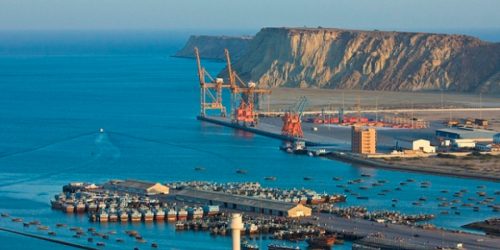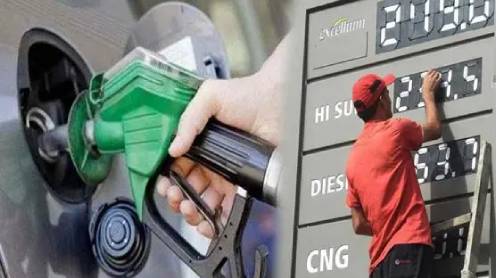A Senate standing committee has asked the government to implement the China-Pakistan Economic Corridor (CPEC) projects on a fast-track basis, adding that Beijing is “not happy with the current progress,” stated a report
The Senate Standing Committee on Planning, Development, and Special Initiatives held a meeting in which the committee’s chairman, Saleem Mandviwalla, said that the Chinese had approached him to get the project implemented quickly.
“According to my personal sources, the Chinese are not happy with the current progress of CPEC projects as they have approached me to help remove the bottlenecks,” he said.
The chair asked Special Assistant to Prime Minister on CPEC Affairs Khalid Mansoor to take responsibility for the timely completion of projects.
Mandviwalla urged the prime minister’s aide to also remove bottlenecks from various mega projects, such as the upgradation of the ML-1 project and completion of other hydropower projects, within a suitable time.
“My number one priority is to regain the Chinese confidence,” Khalid Mansoor responded, adding that he had personally met representatives of 40 out of 135 Chinese companies working in Pakistan.
“I will take responsibility of the implementation of the projects and I will go personally to all the concerned ministries and divisions to implement the CPEC projects,” he added.
Madnviwalla lamented that government departments are working very slow, adding that they needed to be pushed to expedite the process.
‘Balochitan development top priority’
Minister for Planning, Development and Special Initiatives Asad Umar, responding to the complaints of Senator Danish Kumar about ignoring Balochistan under CPEC, said that the first phase of the CPEC consisted of two-third projects that were related to power.
He said that these projects had minimum impact on the local area. Umar said a lot of development work was being carried out in the province, particularly in Gwadar. These included desalination plants, technical training institutes, Eastbay Expressway and others.
Apart from the projects under the CPEC, a special historical package of Rs560 billion had also been announced for the development of the least-developed southern Balochistan districts under which IT parks, industrial zones, power plants, dams, and road projects would be developed, he said.
Senator Danish Kumar said the ground realities were that development activities were not taking place in the area. The residents of Gwadar were not enjoying basic facilities including water and electricity, he said. To that, Asad Umar urged the committee to arrange a visit to the southern Balochistan area to see for themselves the progress on the projects.
Senator Tahir Bizenjo said instead of investing heavily in other projects like the airport, the investment should be poured into the drinking water projects on priority.
Asad Umar said the construction of the Karachi-Chaman N-25 road project had already been approved. The Khuzdar-Kuchlak section of the N-25 would be funded through PSDP, while the remaining portion would be constructed through Built Operate Transfer (BOT) basis.
Asad Umar said the present government was fully committed to complete all the projects under the BOT basis on priority and the tariff for road taxes would be determined by the government, not by the private sector.
With respect to the overall CPEC progress, Khalid Mansoor informed that so far 21 projects worth $15.2 billion had been completed, while 21 projects worth of $9.3 billion were under implementation. Similarly, he said, 36 projects of $28 billion were under consideration.
While discussing the under-consideration projects of $28.4 billion, Senator Shafiq Tareen said the coal resources of Balochistan should be utilized for power plants, to which the SAPM on CPEC affairs replied that coal from Balochistan is rich in Sulphur therefore it is not feasible for power generation.





